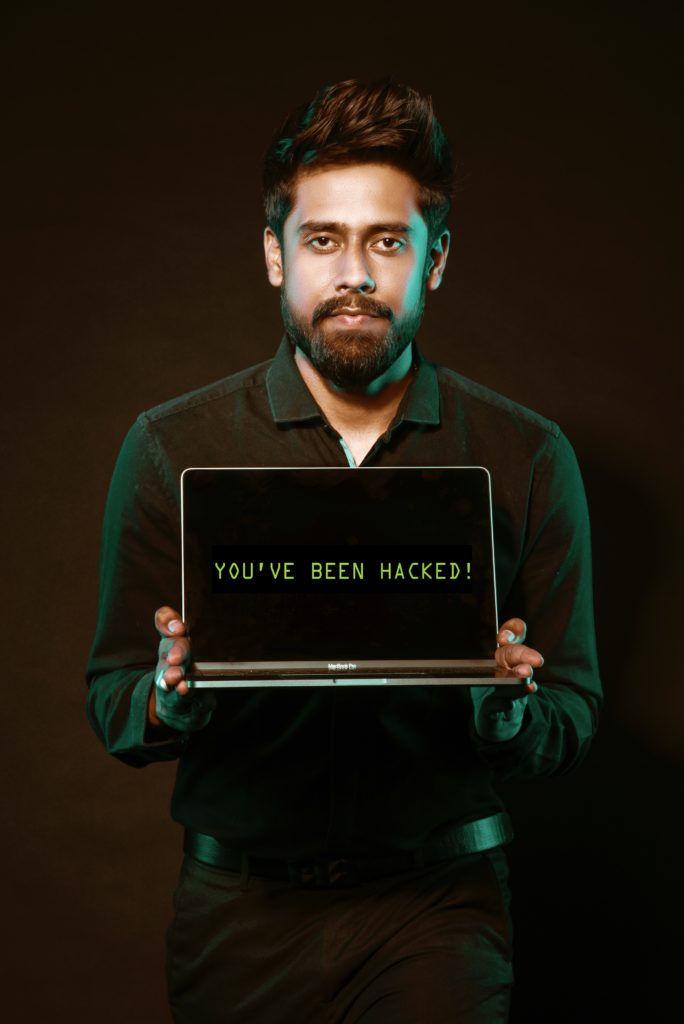
Cyber Attack – Should You Be Concerned
A recent report by a United States-based cyber-security firm showed that as many as 96 per cent of organisation in Singapore have had at least one breach in the past 12 months due to external cyberattacks.
In 2019 alone, some of the victims of reported cyber hackers are SingHealth, Love Bonito, ST logistic, AIA Singapore just to name a few.
Have you ever wondered if you should be concern?
Firstly, let us look at what is cyberattack?
According to Cisco’s website, cyberattack is a malicious and deliberate attempt by an individual or organisation to breach the information system of another individual or organisation.
Usually, the attacker seeks some type of benefit from disrupting the victim’s network.
Who is vulnerable to cyberattacks?
Cyberattack can happen when you open an infected email, use public wifi, use weak or unsecured password or downloading unauthorised applications. You might be aware however your employee might not be.
Thus all businesses carry the risk of being a target of hackers. As long as you have employees, you own a data base of customer information or if you uses the internet (who doesen’t now a days?).
So, what is the penalty if one is being chosen by the hackers?
According to The General Data Protection Regulation (GDPR), the higher maximum amount is 20 million Euros (or equivalent in sterling) or 4% of the total annual worldwide turnover in the preceding financial year, whichever is higher. In Singapore, the penalty is $10,000 for individual and $50,000 for companies.
However that is not all. the real cost of breach are the cost of reputation, future sales, business loans may get declined, investigation cost, fine and rectification cost.
To prevent yourself from becoming a victim of cyber-attacks, here are five tips compiled from security experts at Symantec, Intel Security and Trend Micro:
- Keep your browser, operating system and security software updated to prevent malware from affecting your computer, in the event that you open a malicious attachment or link. But note that there are often new vulnerabilities that may not have been patched in time.
- Be cautious about sharing the details of your life on social media. Personal information, such as the name of your primary school or pet nickname may be used in security questions asked by online accounts to verify users during password recovery.
- If an online deal sounds too good to be true, it probably is. Avoid clicking on such links. Hover the mouse over the link to check if it leads to a reputable website.
- Vary the names of your e-mail accounts – do not use the same alias for multiple accounts. Each account should have its own unique and strong password (mix of alpha-numeric characters).
- Use the incognito or private browsing modes offered by browsers, especially when accessing the Internet at a public location.
However, ladies and gentlemen, no matter how careful or how strong your cyber security is, there is no way to ‘hack-proof’ your security systems due to these 3 reasons:
1) You might be on your toes when handling emails and passwords, however you cannot ensure that all your employees will.
2) The speed of software development might be too fast for some of us to handle, and lastly
3) Hacking is a full-time career and you can bet these professionals got to be good at what they do!
Drop us a call to find out how you can make sure that should you be a victim, your financial loses can be reduced to the minimum.


Leave a Reply